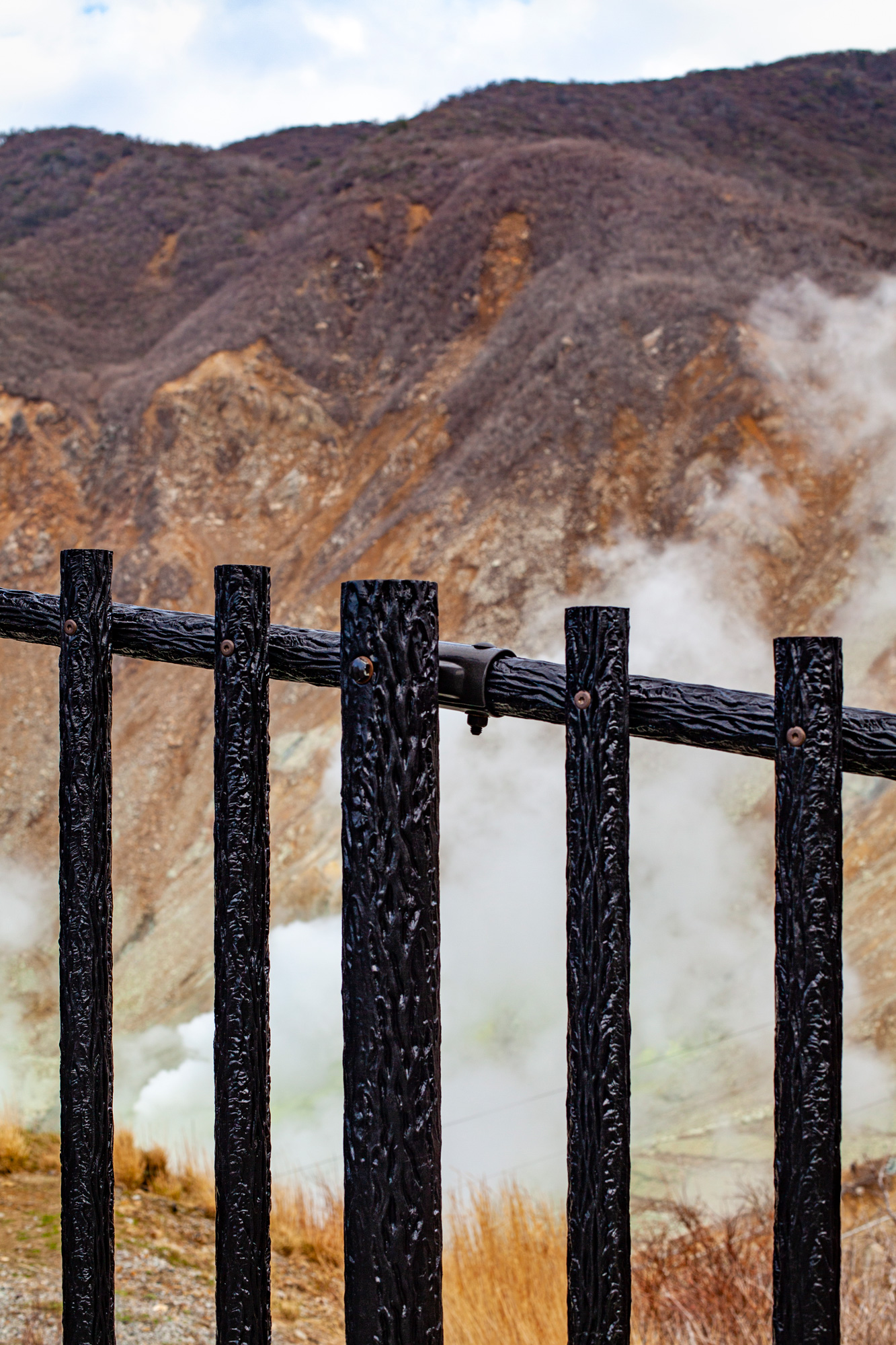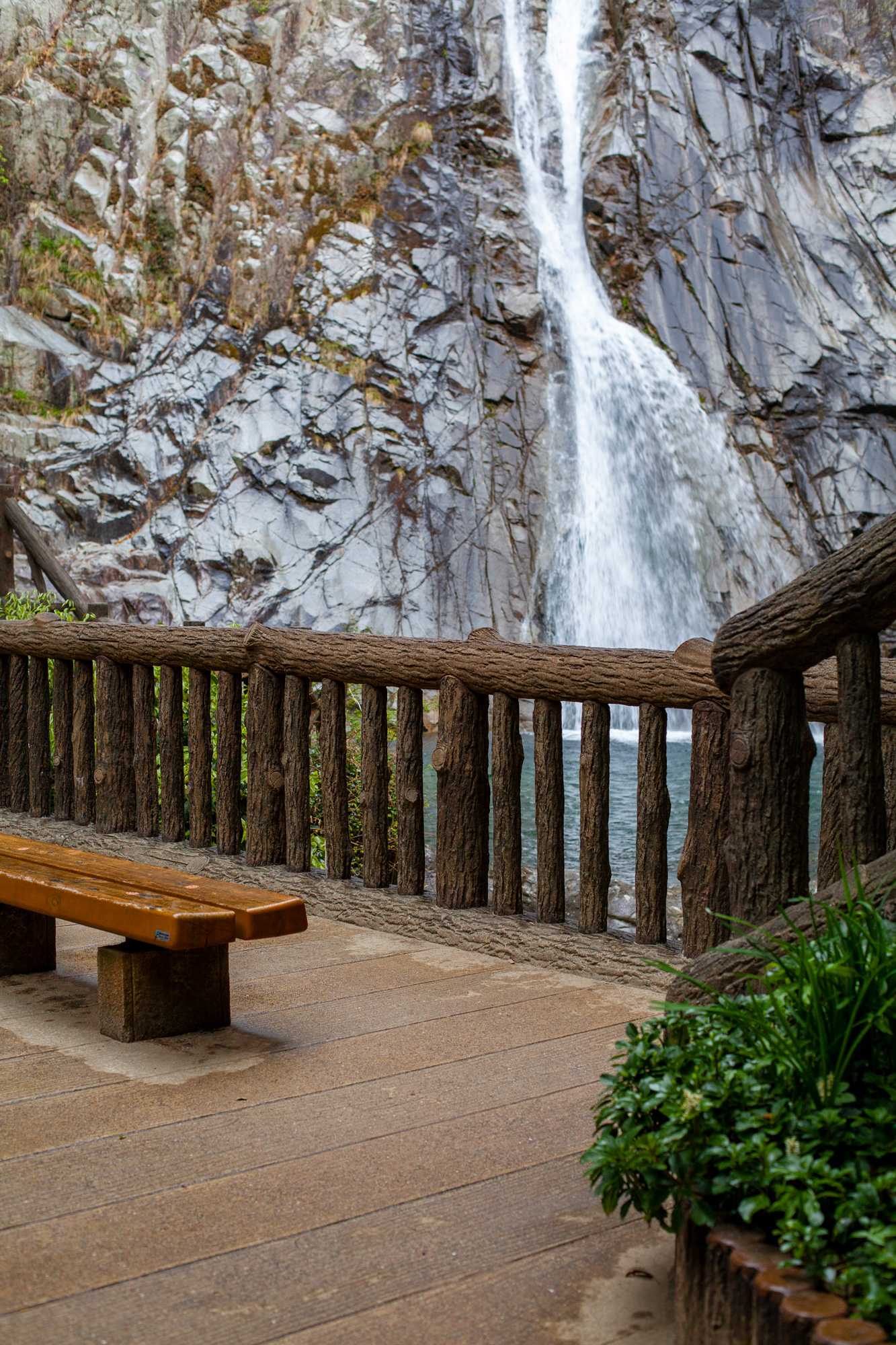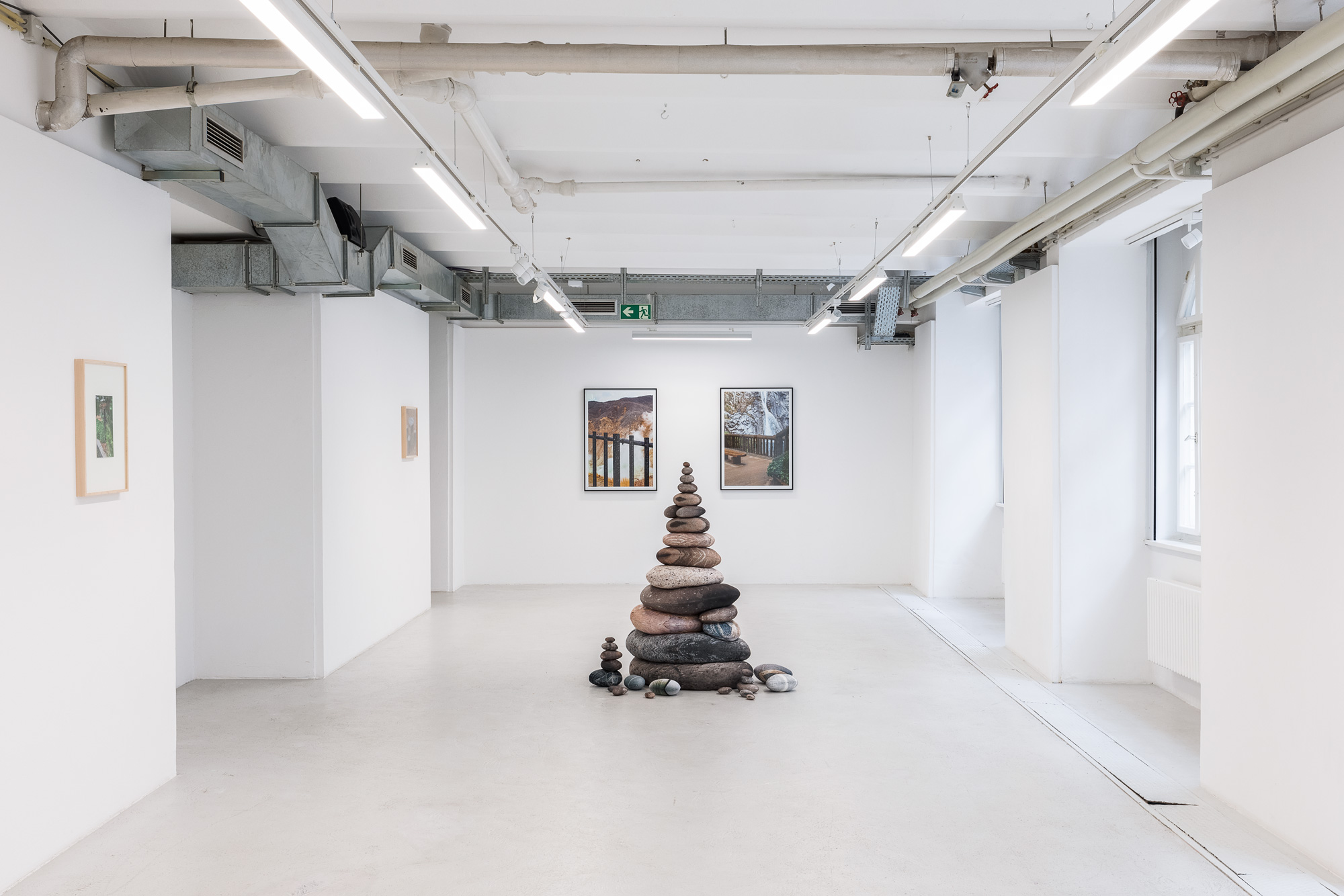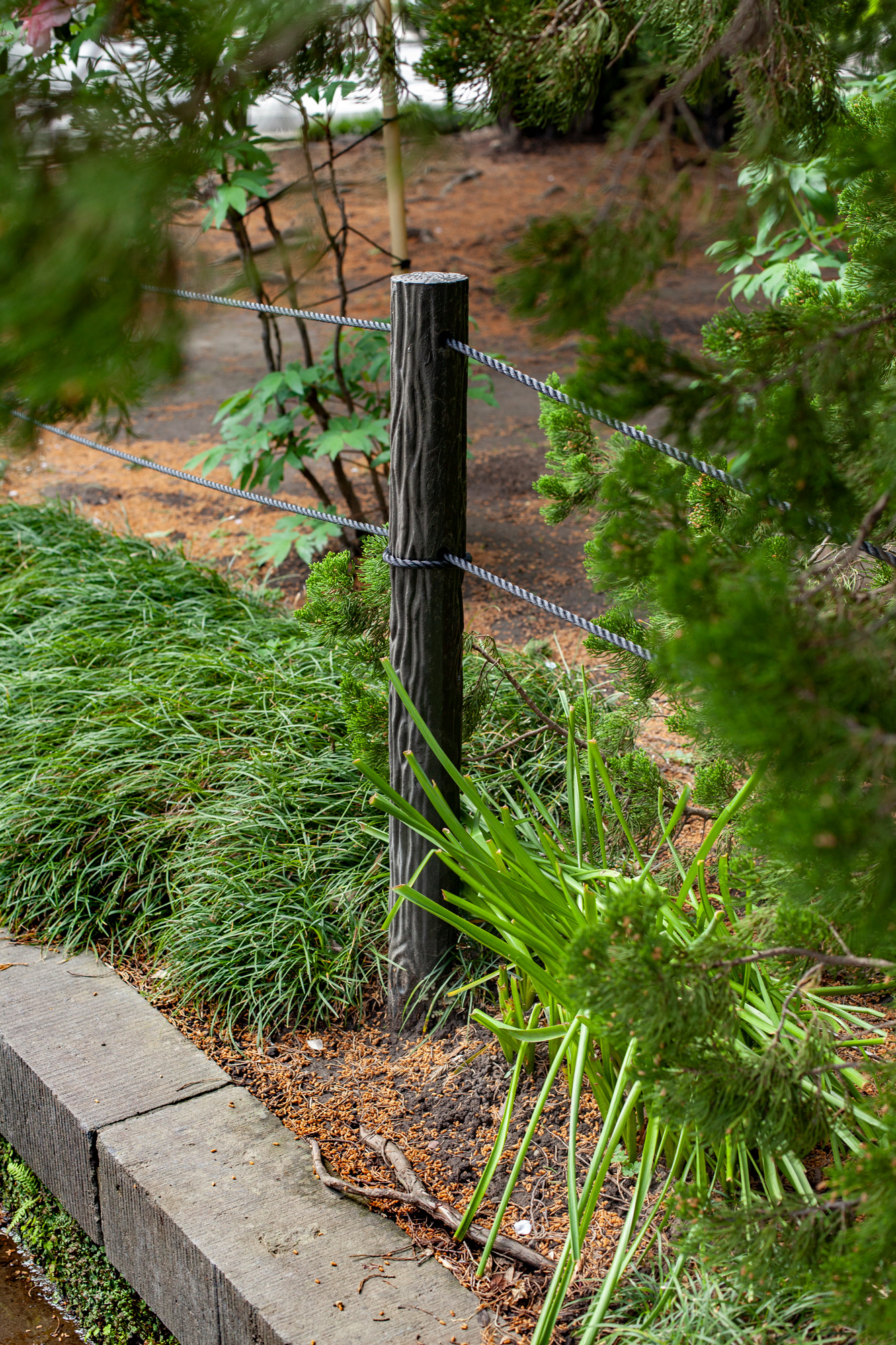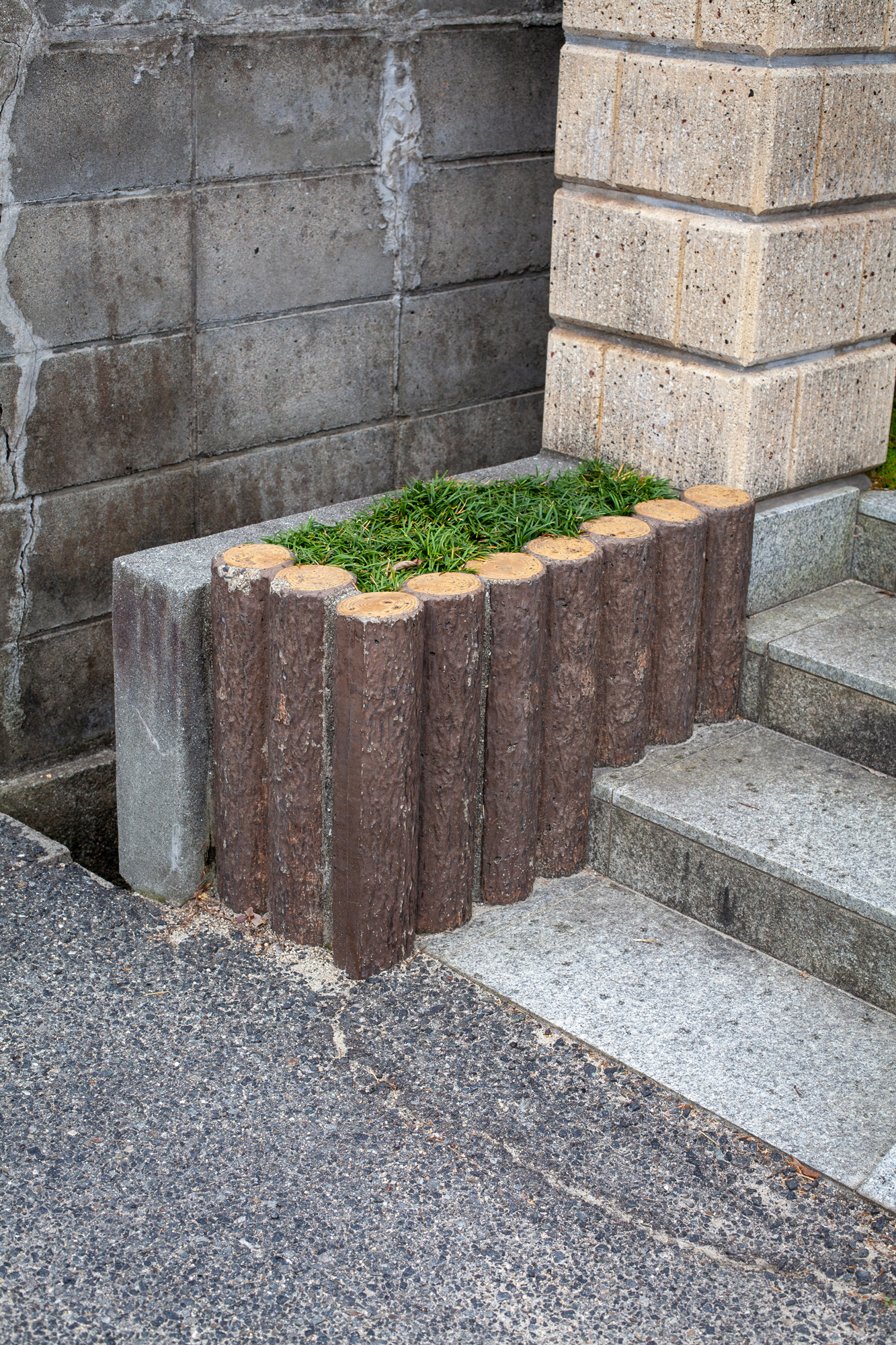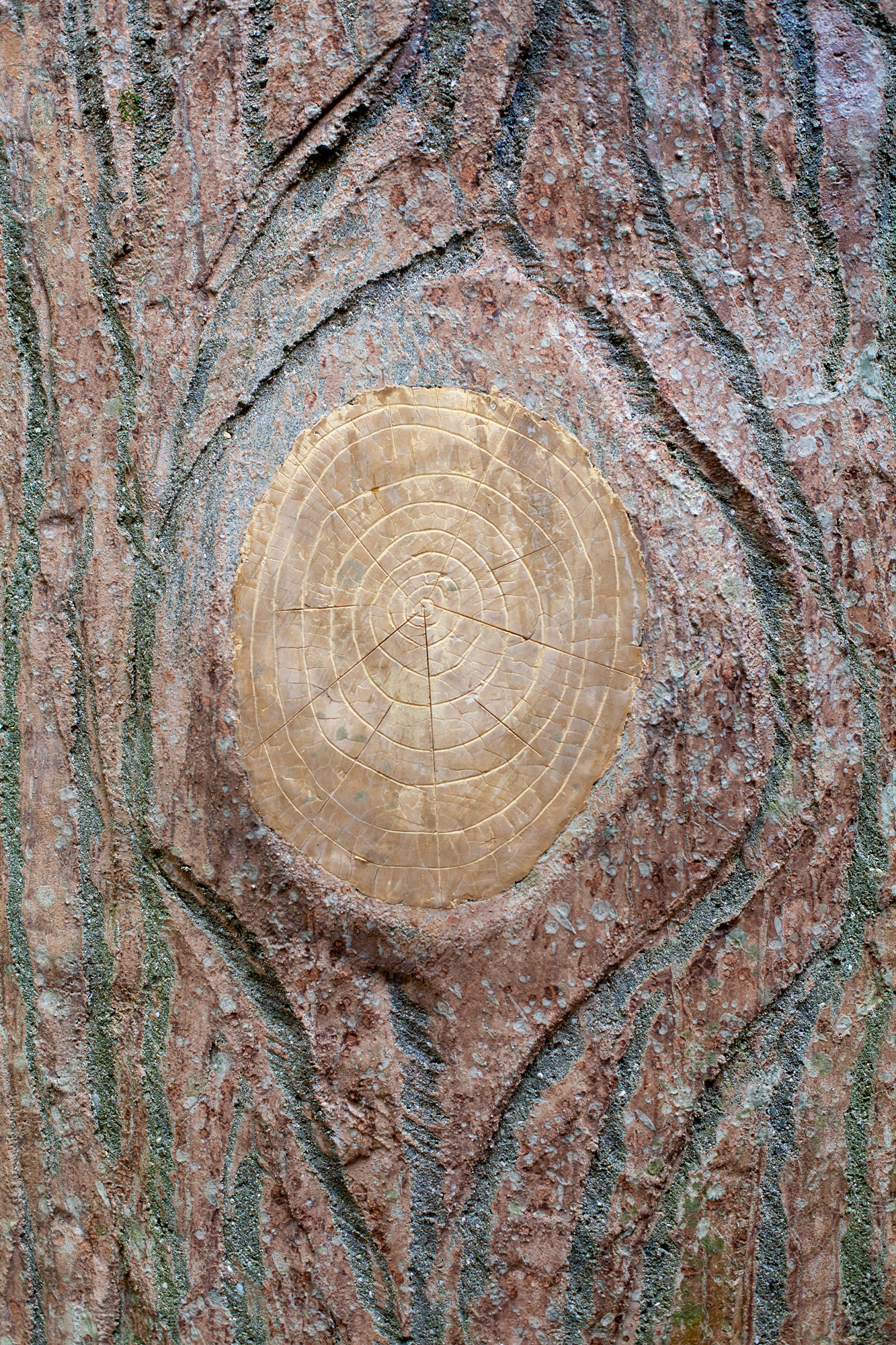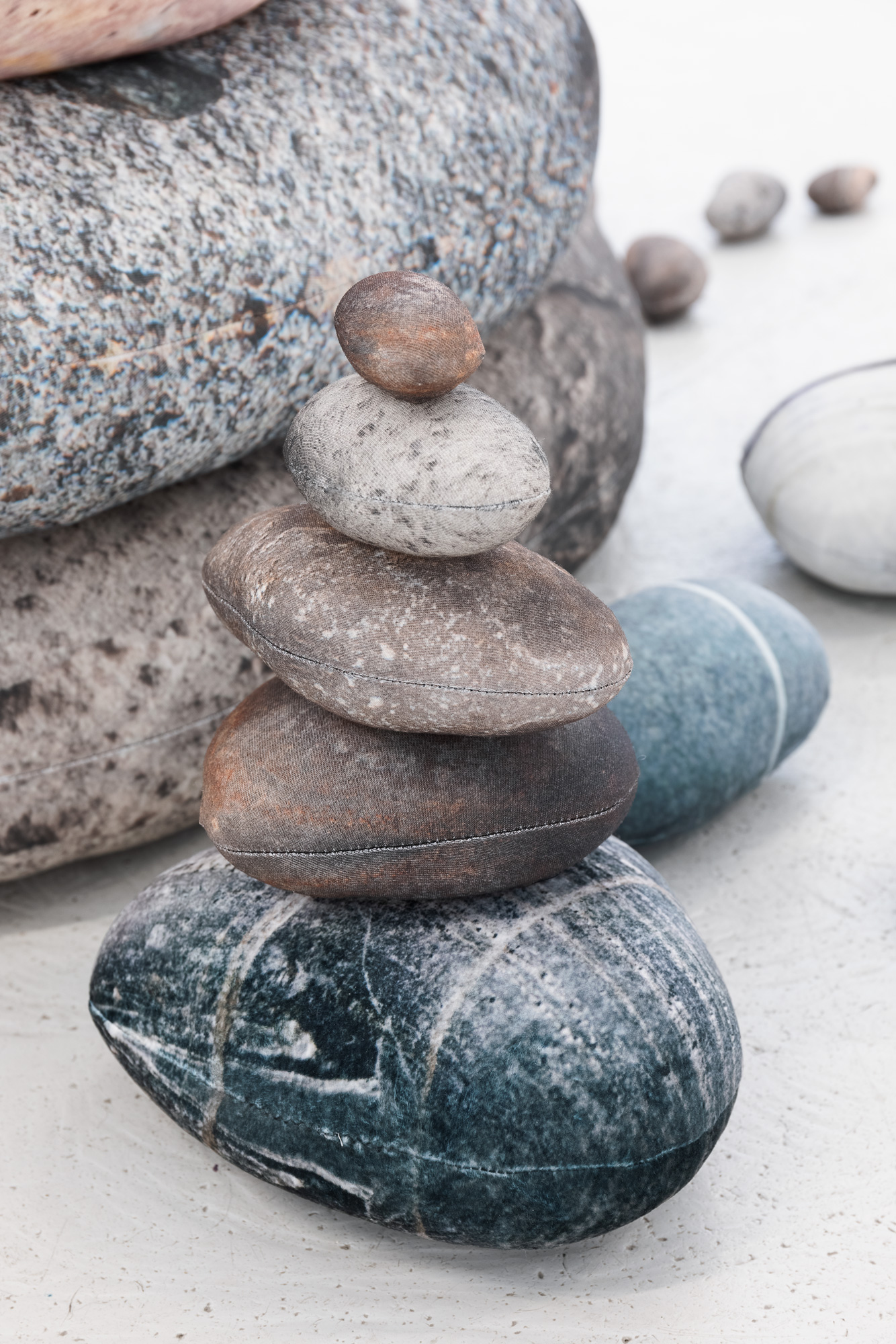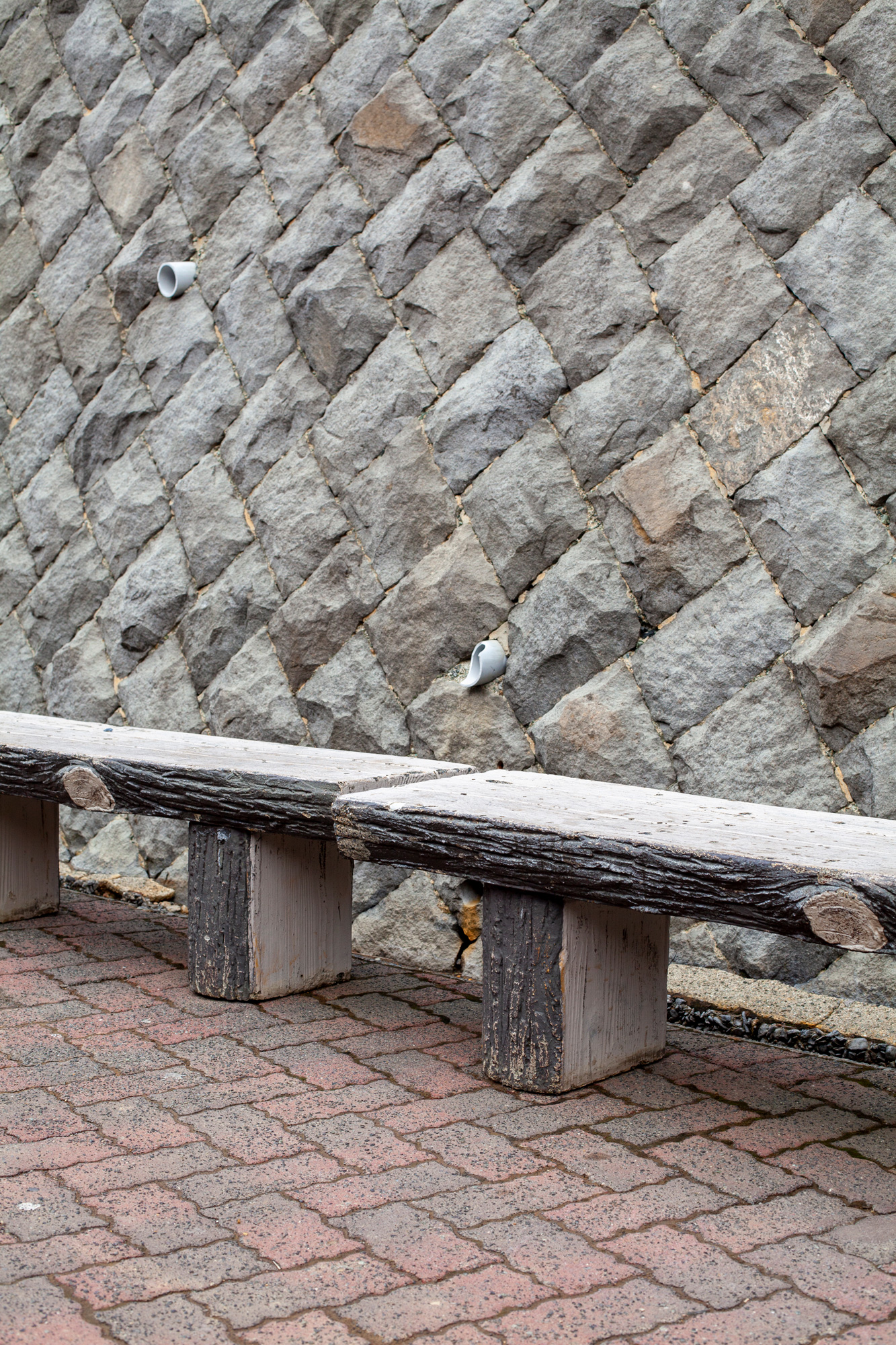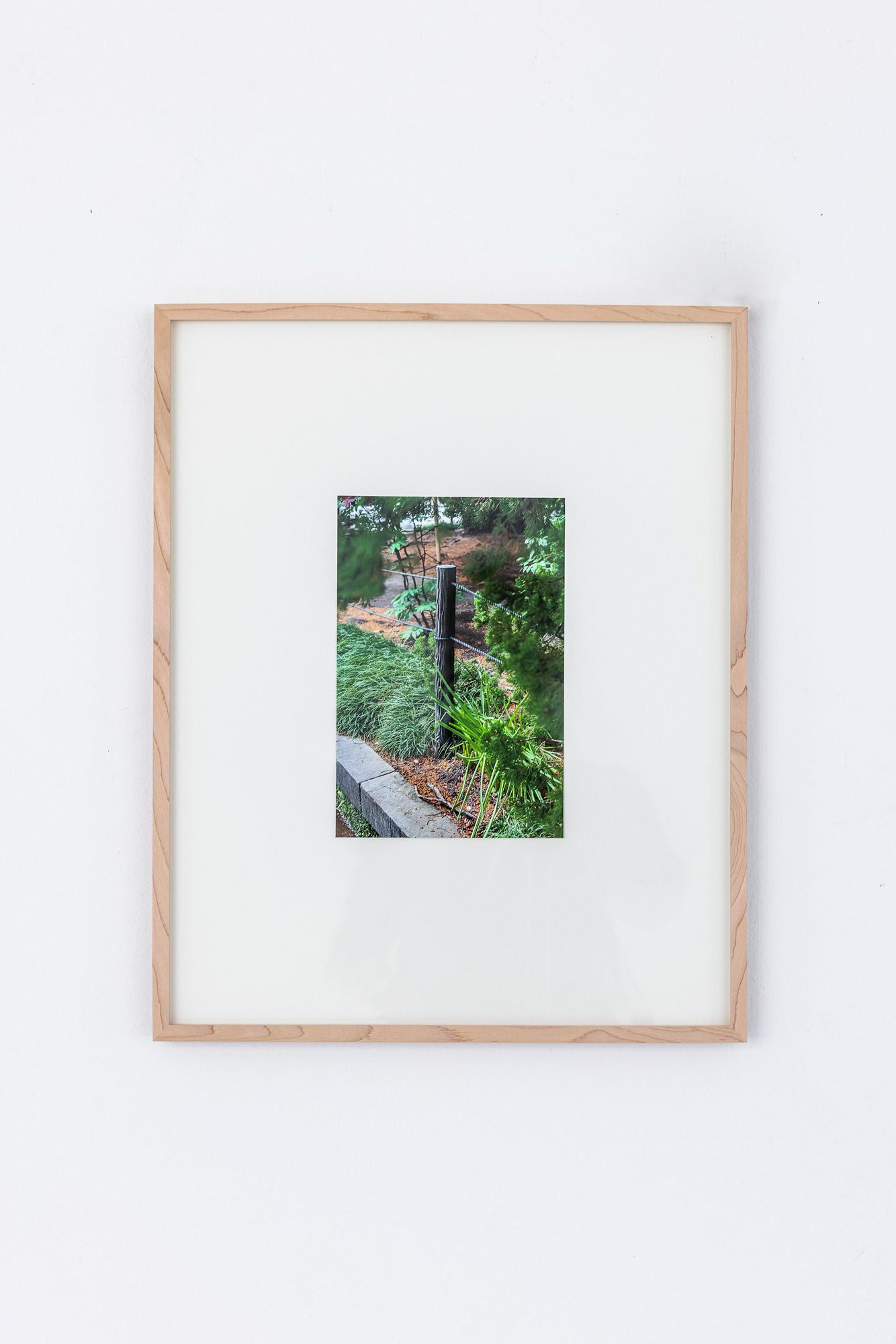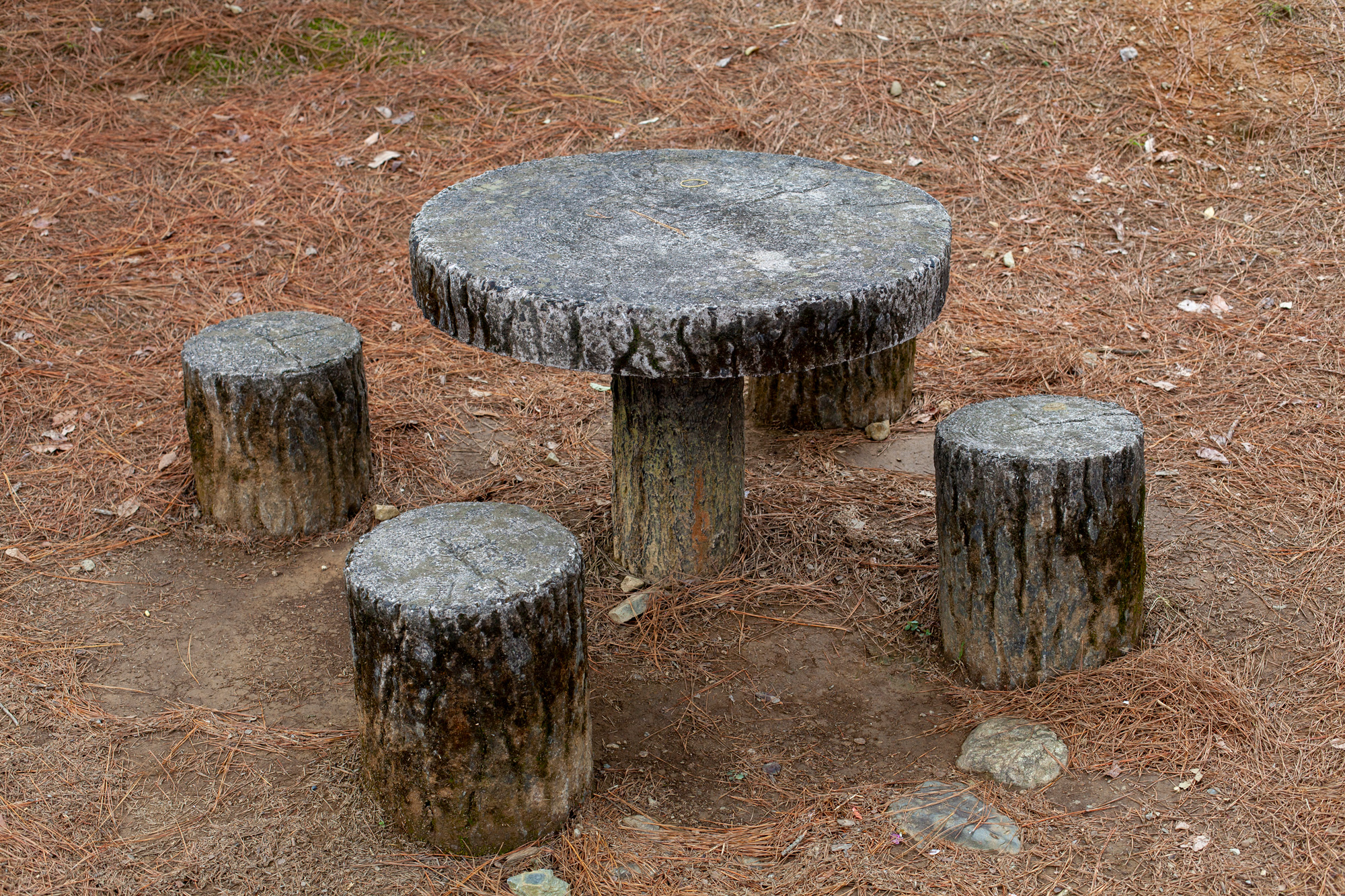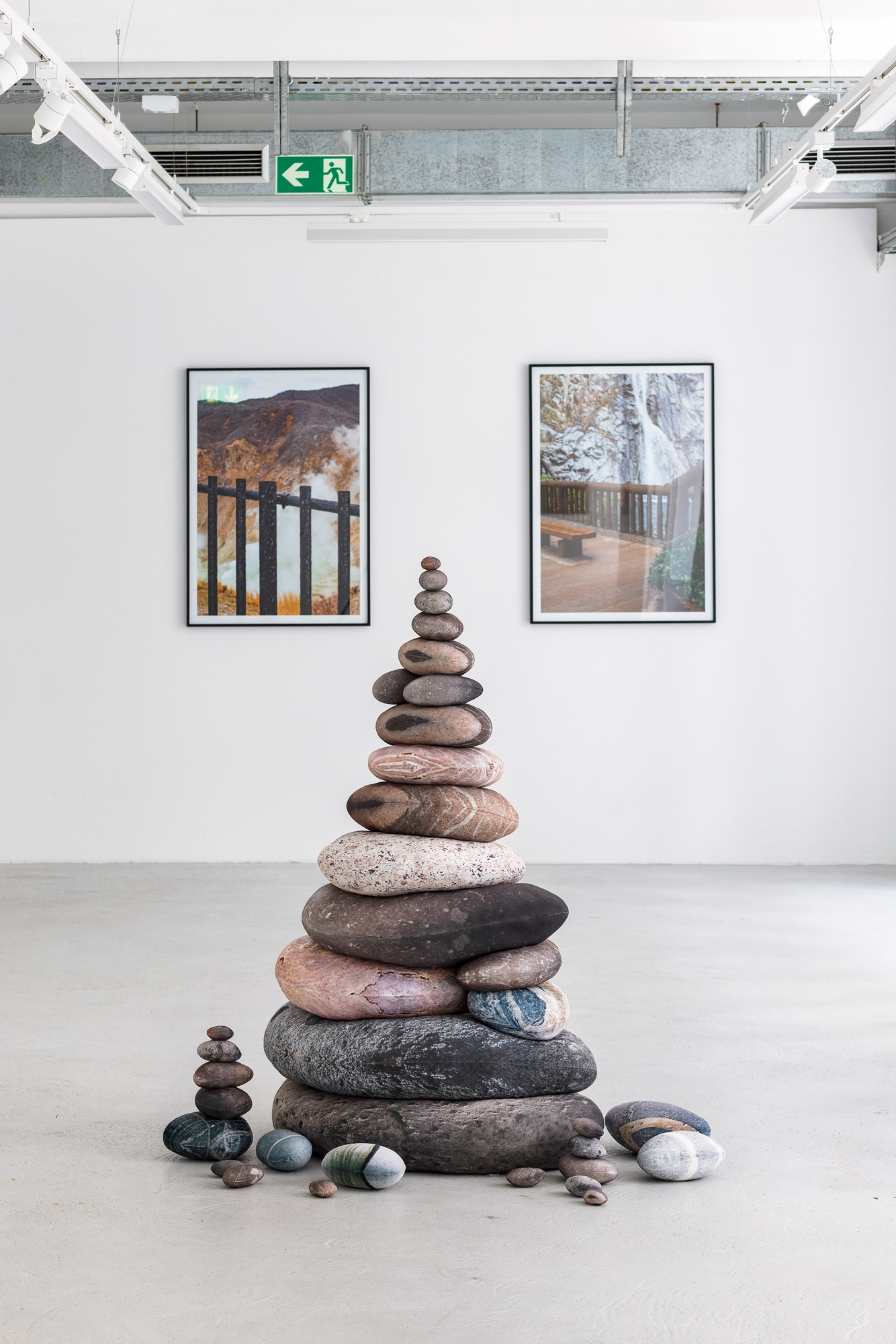Mara Pollak lives and works between Munich and the Rhineland. In 2021 she graduated with honours from the Academy of Fine Arts Munich, where she studied visual arts with Julian Rosefeldt.
awards & grants
-
2025
Artist in Residence Scholarship, Mecklenburgischs Künstlerhaus Schloss Plüschow
-
2025
Artist in Residence Scholarship, Künstlerhaus Dortmund
-
2024
Pfalzpreis for Fine Arts, Shortlist
-
2024
Artist in Residence Scholarship, Künstlerhaus Edenkoben
-
2023
Deutscher Fotobuchpreis 2023, Silver Medal Winner
-
2023
NEUSTARTplus Grant for visual artists, Stiftung Kunstfonds Bonn
-
2023
Encontros da Imagem, Photobook Award, Shortlist
-
2023
Scholarship of the Alfred Toepfer Stiftung F.V.S.
-
2022
Artist in Residence Scholarship, Schloss Raitenbuch, Kallmünz
-
2021
Neustart Kultur Grant, Stiftung Kunstfonds, Bonn
-
2021
Junge Kunst und Neue Wege Grant, Free State of Bavaria
-
2021
Besondere Bücher, it‘s a book fair, Leipzig
-
2019
Meisterschülerin of Professor Julian Rosefeldt, Academy of Fine Arts Munich
-
2018
Prize for Photography, Förderpreis der Stadt München 2018
exhibitions (selected)
-
2024
Transformation, Staatsgalerie Stuttgart
-
2024
Transformationen, mpk Museum Pfalzgalerie Kaiserslautern
-
2024
re:scape, Atelierfrankfurt, Frankfurt (Main)
-
2024
SuperEcho, ZIRKA Space, Munich
-
2023
firne, Goethe-Institut Paris
-
2023
superBOOKS, Haus der Kunst, Munich
-
2023
Past & Present, Der Greif, Pinakothek der Moderne, Munich
-
2023
Encontros da Imagem, International Photography & Visual Arts Festival, Portugal
-
2022
Rencontres Internationales, Louvre Paris
-
2022
Jahresgaben (annual gifts), Kunstverein Munich
-
2022
Lassitude, Goethe-Institut Paris
-
2022
Rencontres Internationales, Haus der Kulturen der Welt, Berlin
-
2022
Der Einfluss des Raumes, Rinde am Rhein, Düsseldorf
-
2022
Tacker Preselection, Galerie der Künstler:innen, Munich
-
2022
Reconstructions, Kunstquartier Bethanien, Berlin
-
2022
Roter Reiter, Mohr-Villa, Munich
-
2021
Jahresgaben (annual gifts), Kunstverein Munich
-
2021
Videodox Biennale, Promotion Prize 2021, Galerie der Künstler:innen, Munich
-
2021
Ihr kommt auch noch in Mode, Direkte Auktion, Die Möglichkeit einer Insel, Berlin
-
2021
Of Things Baroque, Kunstverein Leipzig
-
2021
Zurückgebaut, Degree show, Academy of Fine Arts Munich
-
2021
Ich bin so entspannt, ich spüre wie meine Zähne [...], Kunstarkaden Munich
-
2021
for free, Galerie Andreas Binder, Munich
-
2021
Spannungsfeld Energie, Akademie Galerie, Munich
-
2020
Jahresgaben (annual gifts), Kunstverein München
-
2020
Le magnétophone ne marche pas (1ère partie), Goethe-Institut Paris
-
2020
In the dark times [...], Blitz Music Club, Deutsches Museum Munich
-
2020
Hasankeyf, Köşk Munich
-
2020
Menschenbilder, Neues Rathaus, Munich
-
2019
Jahresgaben (annual gifts), Kunstverein Munich
-
2019
Strata, School of Architecture, Biberach an der Riß
-
2019
meze evi, Villa Stuck, Munich
-
2019
Die Kunst verbindet alle Welt, Pasinger Fabrik, Munich
-
2018
Jahresgaben (annual gifts), Kunstverein Munich
-
2018
das kleine format, Kunstverein Aichach
-
2018
iV-Kunstpreis, Shortlist, iV Kunst und Forum, Munich
-
2018
Kunstfilmtage, KMMN, Kassel
-
2018
Förderpreise 2018 der Landeshauptstadt München, Lothringer 13, Munich
-
2017
Jahresgaben (annual gifts), Kunstverein Munich
-
2017
So gut wie nichts hat alles gut gemacht, Kulturwerkstatt 10, Fürstenfeldbruck
-
2016
Hayward & Tamayo, Kunstverein Munich
-
2016
There will be blood, Kirche St. Ludwig, Munich
-
2016
If you still see her, then housekeeping did not do their job, Notel Prinzregent, Munich
-
2016
Falsche Vorstellungen kuratiert von Martin Fengel, Lothringer 13, Munich
libraries & collections
-
Collection of the Central Institute for Art History, Munich, DE
Library of Galeria da Estação, Braga, PT
Downloads / Press
imprint
Design & Code: Sophia Goedecke
© Mara Pollak, 2024
Disclaimer
The content, works and information provided on this website are subject to German copyright and ancillary copyright law. Any kind of reproduction, editing, distribution, storage and any kind of exploitation outside the limits of copyright law requires the prior written consent of the respective copyright holder. Unauthorized copying/saving of the information provided on these web pages is not permitted and is punishable by law.
The website contains so-called "external links" (links) to other websites, on whose content the provider of the website has no influence. For this reason, the provider cannot assume any liability for these contents. The respective provider of the linked website is responsible for the content and accuracy of the information provided. At the time of linking, no legal violations were apparent. If such an infringement becomes known, the link will be removed immediately.
Holzfällen (2021)
The work deals with the aesthetic reproduction of nature in Japan. To a certain
extent, the appearance of nature is reproduced without nature itself. The subjects of the shown photographs range from various fences,
made of artificial timber posts, to wooden-look park benches and seats, made of fake trunks. These artificial surrogates satisfy a need
for nature, through imagined gestures of naturalness. Especially in our times »nature« is regarded as a guiding vision: nature as a
recreational value, as a component of commodity aesthetics, as a political target – nature as a quality label for everything and anything.
What kind of world do individuals need to live in - sociopolitically, publically, as well as in private? The artist deals constantly with
this central question in her works. The aim is, to describe the contemplation of the individual, whereby the absence of the selfsame plays
a decisive role. Her images of the imitations thematise the false, ironise and expose the replica, show its omnipresence in public, culture
and everyday life and make one thing clear: the pleasure in the false is also always a pleasure in the real.
The sculptural work Overturn also deals with pleasures in the false: Stones from fabric, stacked in a cone shape,
are reminiscent of
so-called cairns, which are used as an archaic form of waymarking or ceremonial sign in various cultures – such as Buddhist temples or
Japanese cemeteries. The waymarkers are intended to facilitate orientation, especially in unclear and impassable terrain. In areas heavily
influenced by tourism, one can find large accumulations of cairns, that have no function as signposts. The inflationary stacking of stones
sometimes causes disturbances in the flora and fauna. This »Rock Balancing« technique also appears in the performing arts and refers to a
special form of land art that serves no purpose other than aesthetic ones.
In accordance with its real-life models, the work Overturn also remains ephemeral and an imagined gesture.
Die Arbeit befasst sich mit der ästhetischen Reproduktion von Natur in Japan.
Die Erscheinung von Natur wird hierbei gewissermaßen ohne jene selbst reproduziert. Die Motive
der gezeigten Fotografien reichen von diversen Zäunen aus künstlichen Holzpfosten, über Parkbänke in Holzoptik, bis hin
zu Sitzgelegenheiten aus unechten Baumstämmen. Durch diese künstlichen Surrogate wird ein Bedürfnis nach Natur durch
die imaginierten Gesten von Natürlichkeit befriedigt. Gerade in unserer Zeit gilt »Natur« als kulturelle Leitvorstellung:
Natur als Freizeitwert, als Bestandteil der Warenästhetik, als politische Zielvorstellung – Natur als Qualitätsprädikat für
alles und jedes.
Die Abbildungen der Imitationen thematisieren das Falsche, ironisieren und entlarven die Replik, zeigen deren Allgegenwart
in Öffentlichkeit, Kultur und Alltag und machen eines deutlich: Die Lust am Falschen ist eben doch immer auch eine Lust am Echten.
Auch die skulpturale Arbeit Overturn thematisiert die Lust am Falschen. Kegelförmig aufeinandergestapelte
Steine aus Textil erinnern an sogenannte Steinmännchen, die als archaische Form der Wegmarkierung, oder zeremonielles Zeichen in verschiedenen
Kulturen – wie beispielsweise buddhistischen Tempeln oder japanischen Friedhöfen – Verwendung finden. Die Wegzeichen sollen insbesondere in
unübersichtlichem und unwegsamem Gelände die Orientierung erleichtern. In von Tourismus stark geprägten Gegenden werden häufig große Ansammlungen
von Steinmännchen errichtet, die keinerlei Funktion als Wegweiser haben. Die teils inflationär aufeinander geschichteten Steine, können dabei
zu Beeinträchtigungen in der Tier- und Pflanzenwelt führen. Dieses »Rock Balancing« findet sich auch in der darstellenden Kunst und bezeichnet
eine spezielle Form von Land Art, welche außer dem ästhetischen keinem weiteren Zweck dient.
Entsprechend ihrer realen Vorbilder, so bleibt auch die Arbeit Overturn ephemeral, sowie imaginierte Geste.
Fine Art Pigment Prints
40 ✕ 50 cm – 70 ✕ 100 cm
framed
Pigment print on tricot,
cotton wool, yarn
70 ✕ 160 ✕ 50 cm
(handmade)
